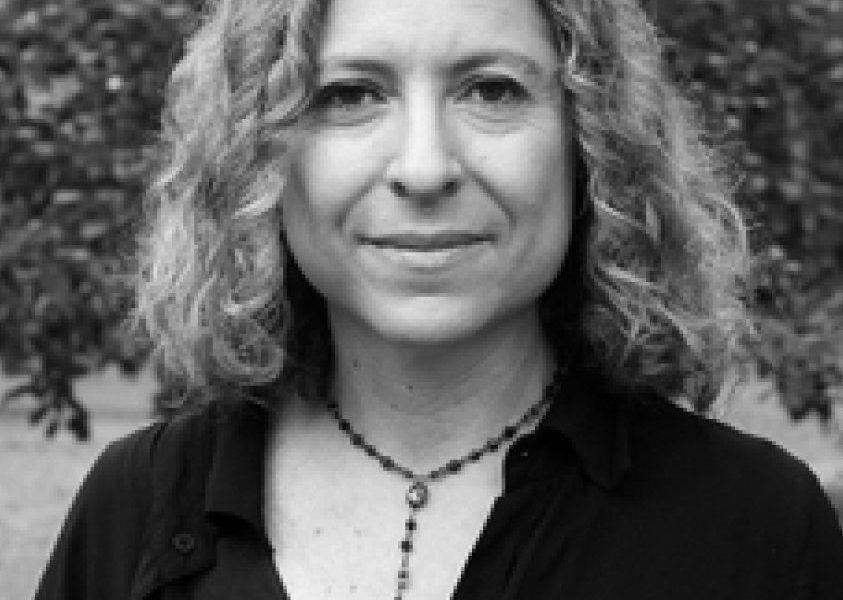SA
Jozi youth tell it like it is in portrait exhibition
“Stop xenophobia. Stop crime. Stop raping. Stop taking drugs.” This statement is from Zama Khumalo, 15, of Joubert Park, one of 45 youths aged 15 to 23 photographed and interviewed by internationally renowned photographer Jodi Bieber for her latest exhibition titled #i.

NICOLA MILTZ
Bieber spent two years documenting the desires, dreams, and hopes of Johannesburg youth for her exhibition which opened this Thursday at the Women’s Prison at Constitution Hill.
Each respondent who volunteered for #i was asked to answer a lengthy questionnaire; describe themselves in one word; and pose for a portrait at their home. Bieber used some of their own photographs from their cellphones to add texture to their narrative, inserting them carefully alongside her portraits.
The result is an exquisite visual dialogue, a portraiture project that showcases South African youth in all its intoxicating diversity and vulnerability.
What struck Bieber most during her two-year-long project, which she conceptualised in 2016, was the youths’ “intelligence” and worldliness. The project was then curated and designed by Brenton Maart.
“They are so switched on,” said Bieber of the many she came into contact with. Speaking from her Fairway apartment in Johannesburg, Bieber told the SA Jewish Report that she wanted to capture Jo’burg youth as it braced itself for the upcoming 2019 elections. She wanted to see where they found themselves, and what part they felt they could play in the future of the country.
“This is a generation that did not grow up during apartheid,” she said. “They are a tech savvy, internet generation, and they use this to communicate with the global community.” She pointed out that they want to write their own story, a story free from the apartheid narrative defining their parents.
“They have their own story to tell, their own history to live and write,” she said.
“Their words echo fresh new conversations, a new way of being, of living their life, and creating their own story. Young people are often not heard and so, with elections coming up in 2019, this project is timely,” she said.
It has been a worthy endeavour to uncover what makes Jozi youth tick, said Bieber, who trekked to all corners of Johannesburg in search of willing participants. From Houghton and Victory Park to Berea and Freedom Park, she left no suburb unturned in her quest to document.
Bieber photographed Zama Khumalo, who was living in a one-bedroom flat in Joubert Park. The room had three double beds, all separated by a curtain. Khumalo described herself as “I am confident”. She pleaded: “Stop raping… it is confusing the child’s brain… the child will not be able to finish school because she inside is hurt (sic).”
Khumalo urges young women not to go for “sugar daddies for money, to stop teenage pregnancy because it is killing us badly”.
Tshepang Dumelakgosi, 23, of Naturena described himself as: “I am intricate”.
“The future of this nation or the planet is ours,” he said. “This is something we need to protect at all costs. We can only be able to do so through knowledge. This is where reading comes in… read more.”
Ravi Boaz Master, 15, of King David Victory Park, described himself as: “I am interesting”, and said he believed that “hair plays a large role in our identities”. Gender gaps and having to conform to gender stereotypes are issues that concern him. “It may sound childish, but I wake up in the morning, and I am proud of my hair, and I think that is something that should be respected and tolerated.”
Bieber’s niece, Jessica Anne Smerkovitz, 16, described herself as: “I am different”.
She said, “I want South Africa to find unity and peace, and for there to be no more conflict, racism and poverty, and with a president who can lead us to greatness.”
Ratang Mashilo, 19, described herself as: “I am unique”. She wants to live in a country that has good leaders who are “honest and have a great sense of integrity”. It concerns her that political parties are “motivated by one party trying to beat the other party”. Instead, she would like the focus to be on “empowering communities”. As a finance student, her ambition is to “handle the country’s finances better, making sure that tax is redistributed equally”.
Zinhle Sithole, 16, of Soweto, said her generation “has the potential to bring change”.
She described herself as: “I am words”, saying that her generation has the “power to determine how things will be”. “By removing our own limitations, the sky is not the limit, we can reach higher and do things we never thought of doing,” she said.
Bieber said #i was a public poster exhibition in which viewers were welcome to take home a poster of one of her photographs, creating “a future life of the artwork in order to spread the message”.
She has kept all the participants informed of developments over the two years through WhatsApp. They will each receive a poster of themselves, and an artist proof of their artwork.
Bieber’s professional career began after completing three short courses at the Market Photography Workshop in Johannesburg. Thereafter, she participated in a photographic training programme at The Star newspaper under the late Ken Oosterbroek. She continued to work there in the period leading up to and during South Africa’s first democratic elections.
Bieber’s photograph of a young, mutilated Afghan woman featured on the cover of Time magazine in August 2010, winning her World Press Photo of the Year. She has won five other World Press Photo awards, among many other accolades. Her work is exhibited internationally in solo and group shows.
· The public art poster exhibition #i opened on Thursday 28 June at the Women’s Jail, Constitutional Hill, as part of the Basha Uhuru Freedom Festival Fired up by Nando’s. It runs until 8 July.